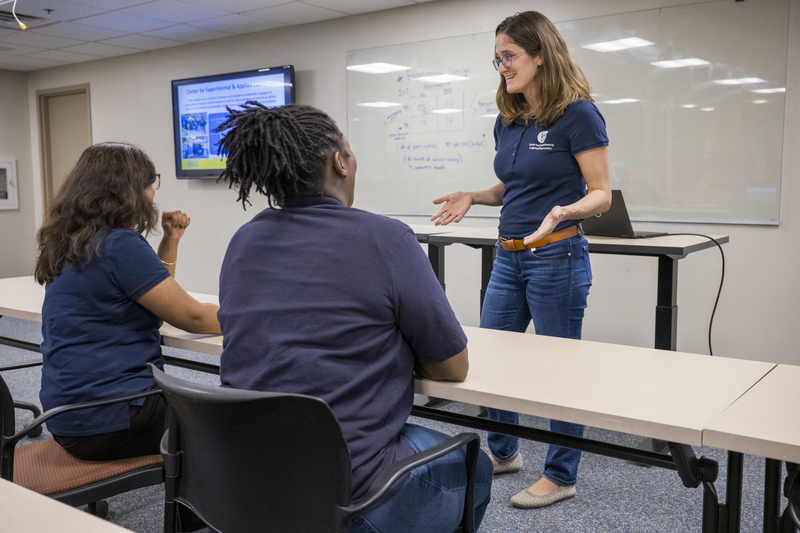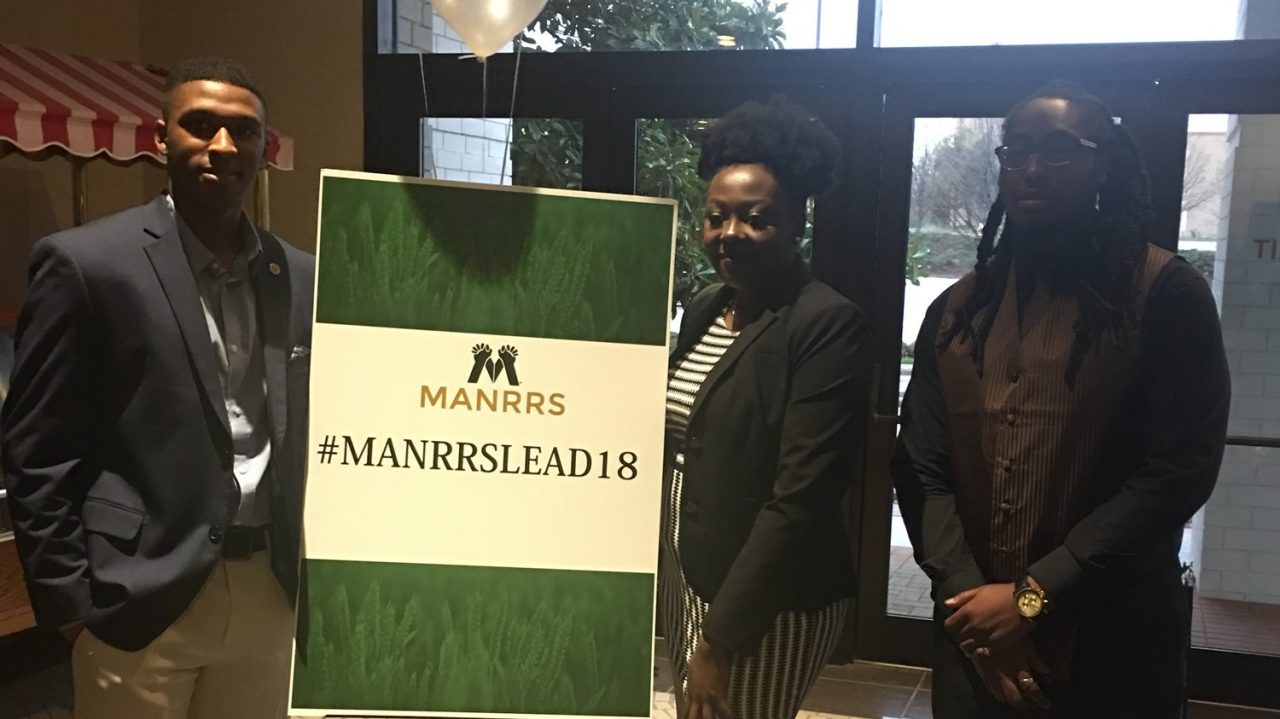
Environmental and Resource Economics major
Major in environmental and resource economics at UD: youtube.com/watch?v=j8uvW7ULgQQ
Why major in environmental and resource economics?
Environmental and resource economics applies economic principles to the many and varied environmental and natural resource issues facing our society today and in the future. Our major encourages you to think critically about how human decisions impact our environment and natural resources. Issues involving land use, water supply, water quality and the allocation of scarce natural resources are major concerns facing our society today. Do you have an interest in environmental and resource management, economic analysis, or weighing the costs and benefits of alternative environmental policies? We will provide you with a solid foundation in resource economics, business and the environment, along with a range of data and analytical tools.
Uniqueness of our program
You choose the topics on which you want to focus by choosing a concentration in either 1) economics of sustainability and policy or 2) natural resourcemanagement. The major provides opportunities to work with faculty on research projects involving land use, agricultural preservation, environmental stewardship, marketing of organic or natural products, community economic development and agricultural trade and marketing. Our unique, state-of-the-art Center for Experimental and Applied Economics allows you to study, develop and conduct experiments in behavioral economics. Our graduates have the knowledge and tools required to enter the job market and help solve environmental and natural resource challenges facing our society today.
This sample shows just one possible pathway to earning a bachelor of science degree in Environmental and Resource Economics in four years. This plan does not replace the advice of your advisor.
Course highlights
This course engages students in learning and critical thinking about a variety of pressing issues, such as natural resource management, environmental protection, and poverty alleviation in a regional, national, and international context. Instructors integrate natural science, economics, ethics, and policy to improve the wellbeing of people and the environment. Instructors encourage students to think critically about these issues by applying basic policy and economic analysis, considering the ethical dimensions of policy, and assessing indicators of environmental quality and human welfare. Students tackle projects related to sustainability, resilience, and climate change.
Behavioral science studies how people make decisions and why they sometimes fall prey to biases and misperceptions. This course introduces students to important findings that suggest strategies to make better decisions in everyday life. Instructors explore whether governments, schools, or advocacy organizations should consider providing nudges or financial incentives to help people make better decisions. This course uses hands-on activities, contemporary readings, lectures and discussions to teach critical thinking about data, headlines and claims in newsfeeds and casual conversations.
Instructors cover basic micro- and macroeconomic tools and how we can use them to address issues facing agricultural producers, consumers, agribusinesses, and public policymakers. Students use economics principles to describe and explain decision-making, apply economic concepts of supply and demand to analyze agricultural markets and markets for natural resources, describe the main areas of and reasons for government intervention in agricultural and environmental settings, and visualize and describe basic economic data.
Students discuss topics that deal with the environment, natural resources and society. Questions like what is the “value of the environment” or “should this resource be developed or changed” are at the forefront of this course. This course provides an initial set of tools and understanding of how economics is leveraged to make human decisions in the environment. Along the way, instructors cover water issues, sustainability, public goods, common pool resources, populations issues, resource limitations, climate change, and ethical issues.
This course covers research methods for the social sciences from Internet and mail surveys to lab and field experiments. Problems typically focus on consumer behavior and resource management issues. Emphasis is on designing, conducting, analyzing, and reporting results from a research study. Instructors cover data issues and data analysis and modeling techniques, including inference. Regression and more advanced techniques covered as time permits.

APPLY NOW
Associate Director, CANR Undergraduate Recruitment


